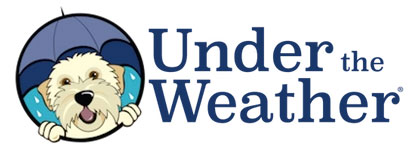French Bulldogs & Intervertebral Disc Disease (IVDD)
What is the genetic predisposition of French Bulldogs to IVDD? French Bulldogs, with their compact build and charismatic appearances, carry a genetic predisposition that makes them more susceptible to Intervertebral Disc Disease (IVDD). This breed, like other brachycephalic (short-faced) dogs, often has a genetic makeup that can lead to spinal abnormalities. These include malformed vertebrae or a predisposition to early degeneration of the intervertebral discs, which serve as cushions between the bones of the spine.
In French Bulldogs, these conditions can lead to an increased risk of the discs herniating or bursting into the spinal canal, pressing on the nerves and causing pain, mobility issues, or even paralysis. The breed’s popularity and selective breeding for certain physical traits have inadvertently perpetuated these genetic vulnerabilities, highlighting the need for responsible breeding practices.

Identifying IVDD in French Bulldogs
The clinical presentation of IVDD in French Bulldogs can range from subtle signs of discomfort to severe neurological deficits. Early indicators might include a reluctance to engage in play, difficulty navigating stairs, or a general decrease in activity levels. French Bulldogs may also exhibit more pronounced signs such as back pain, which could be evidenced by vocalizations when touched, an unwillingness to move, or a hunched posture.
In advanced cases, signs of neurological impairment, such as dragging of the hind legs, inability to stand, or even complete paralysis, can occur. Due to their stoic nature, French Bulldogs might not always show clear signs of distress, making it crucial for owners to be observant and responsive to even minor changes in their pet’s behavior or mobility.
Tailored Approaches to Managing IVDD in French Bulldogs

Managing IVDD in French Bulldogs requires a careful and tailored approach, considering the breed’s specific needs and vulnerabilities. Conservative management, including strict rest, anti-inflammatory medications, supplements and pain management, may suffice for mild cases, helping to reduce inflammation and pain. Given the breed’s structure and predisposition to obesity, weight management is crucial to minimize additional stress on the spine. In more severe cases, where significant neurological deficits are present, surgical intervention may be necessary to relieve pressure on the spinal cord.
Post-operative care and rehabilitation, including physical therapy and controlled exercise, are vital to support recovery and prevent future episodes. Additionally, environmental modifications, such as using ramps to access furniture and avoiding activities that involve jumping or rough play, can help manage the condition and improve the quality of life for French Bulldogs with IVDD.

Under The Weather ®
1 Tigan Street, Suite 101
Winooski, VT 05404
1-844-633-1217
customerservice@
